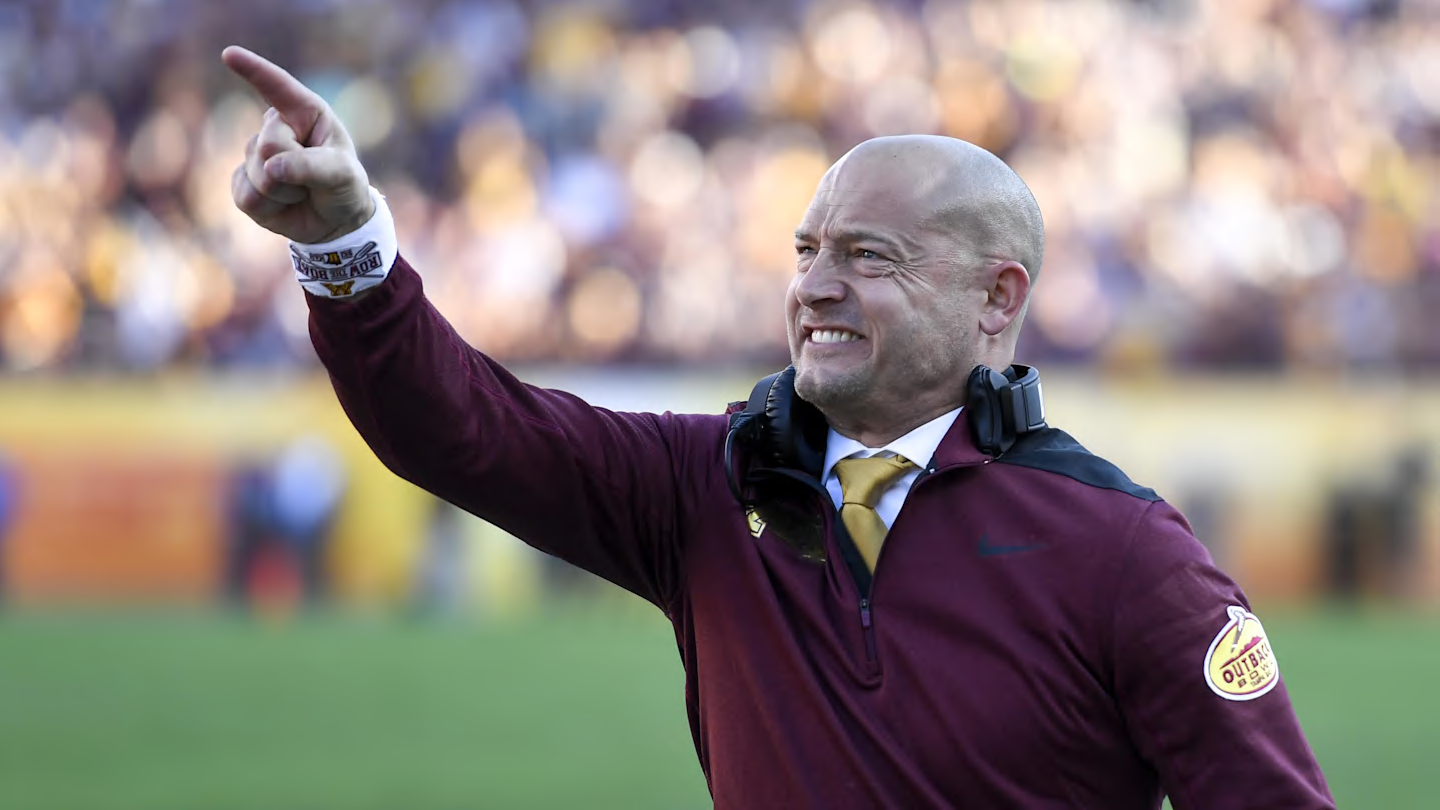An aging population, still recovering from the COVID-19 pandemic, is seeking more treatment for dizziness and imbalance in Minnesota.
Clinics specializing in the diagnosis and treatment of dizziness have opened or expanded across the Twin Cities, and their appointments are filling up. Associated Hearing Care hired a specialist and installed a rotating diagnostic chair last year at its St. Paul clinic, and already dizziness evaluations make up 10% of the provider’s business across 10 clinics.
“By the time they get to us they’ve been dizzy for a long time, or they’ll have episodes where they’re dizzy and then it gets better and then they get dizzy again,” said Rebecca Younk, the clinic group’s owner and chief audiologist. “For some people, it can be debilitating because, if you’re going to get dizzy all of a sudden out of nowhere, you get fearful.”
Dizziness is hardly a new medical phenomenon, ranking in one study as the third-most-common complaint by patients. The condition covers a range of symptoms, from feeling lightheaded or unsteady to the spinning sensation known as vertigo.
It can stem from a drug interaction, heart problems or chronic diseases such as diabetes. But clinicians said there has been an increase in patients seeking care primarily for dizziness, which often results from dysfunction in the inner ear — where three fluid-filled loops make up the vestibular system that coordinates with the brain and head movements to achieve balance.
Joyce Rentz of Carver, who has been experiencing dizziness, goes through a vestibular evaluation with Samantha Rossmann at Associated Hearing Care in St. Paul. (Leila Navidi/The Minnesota Star Tribune)
Vestibular problems increase with age, which makes an increase likely for an aging state like Minnesota, where almost 1 in 5 residents is a senior citizen. But physical therapist Kristine Feriancek said there is a COVID-19 connection, too.
Some patients have dizziness related to post-COVID health problems. Others are finding dizziness intolerable as they belatedly return to pre-COVID exercise and activity routines, she said.
“I’ve met a number of people that are just, ‘You know, I just never got back into being active. I lost that part of my routine,’” said Feriancek, who practices at a HealthPartners-affiliated physical therapy clinic in Maple Grove. “Habits are hard to build.”
Source link
